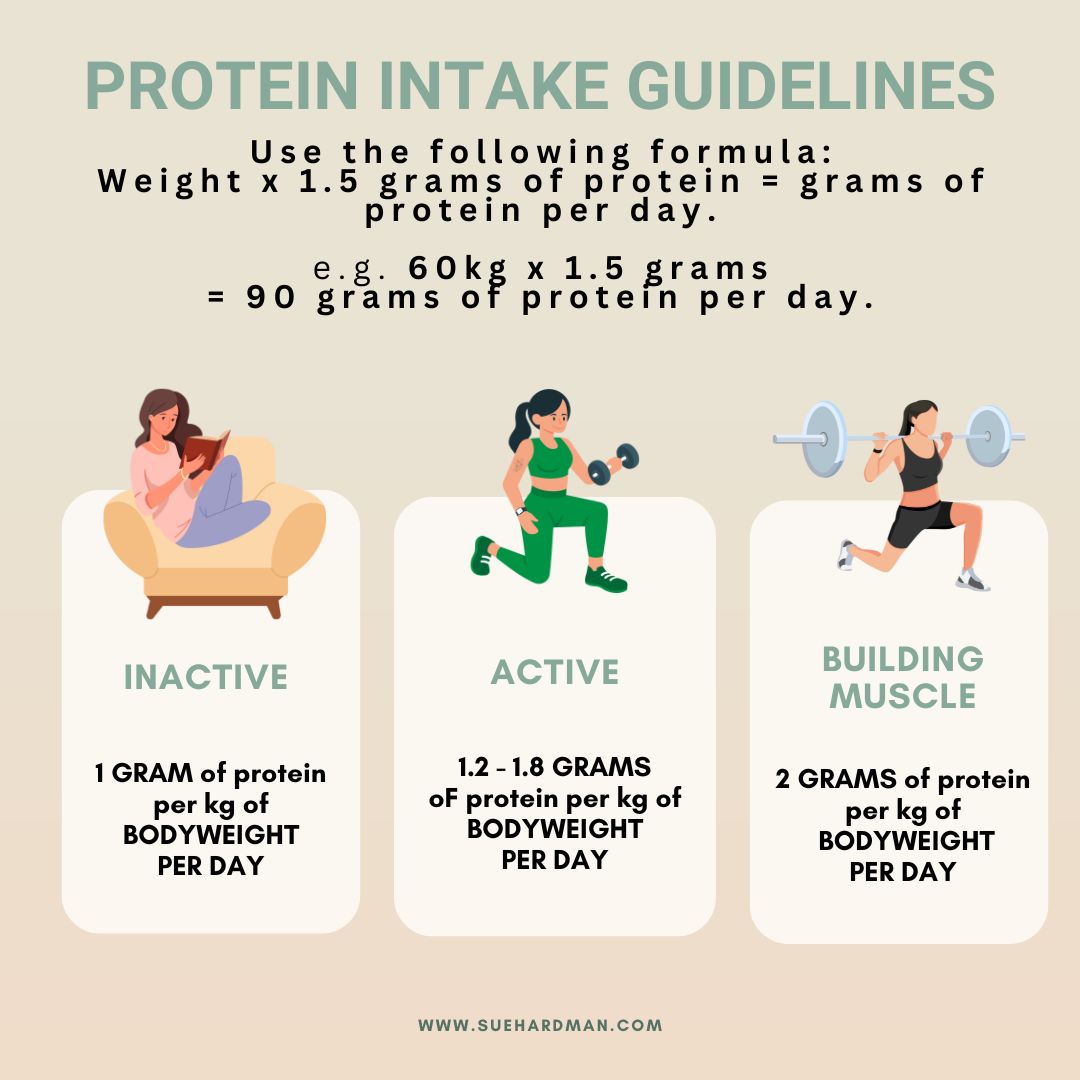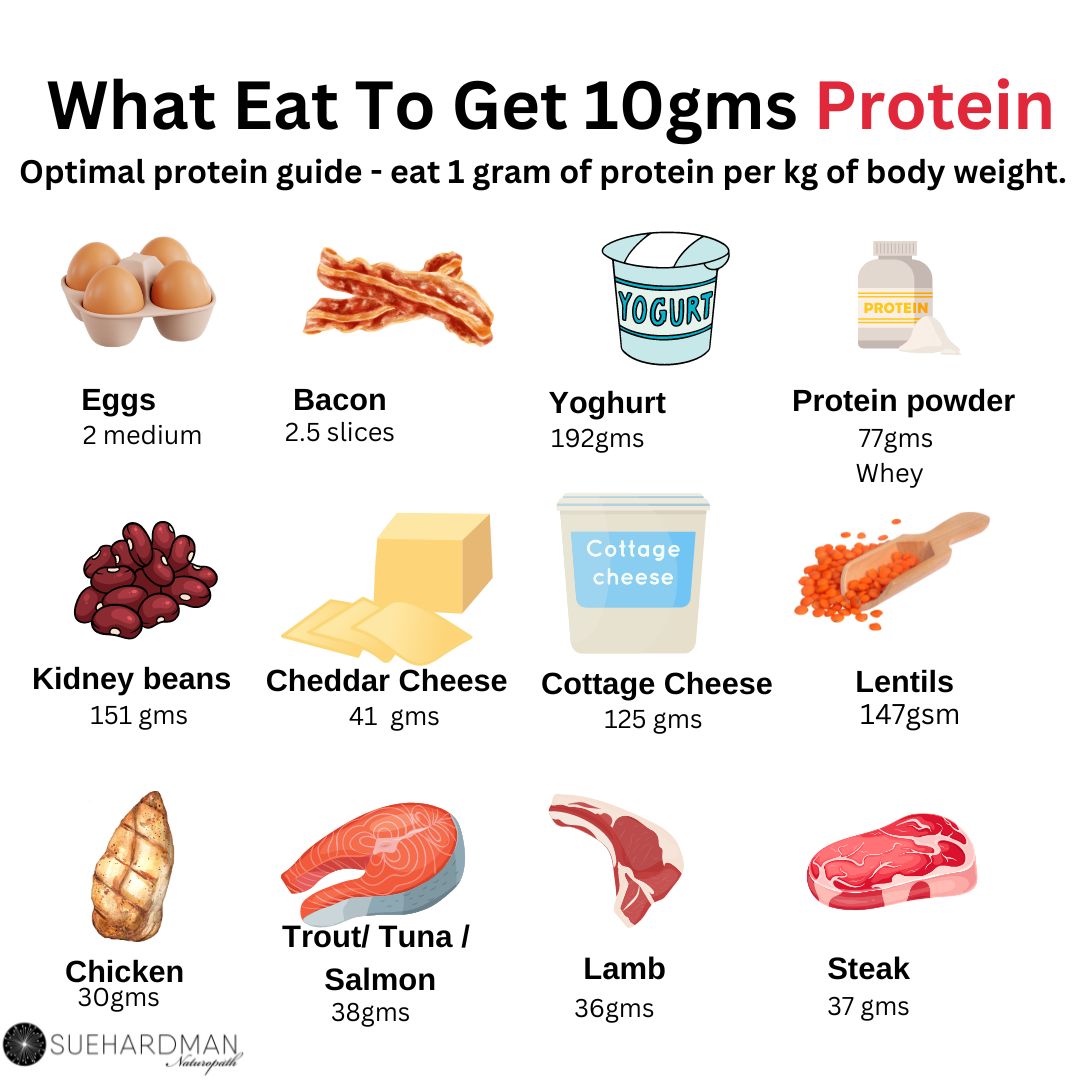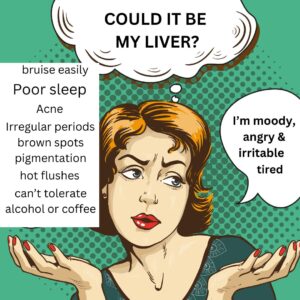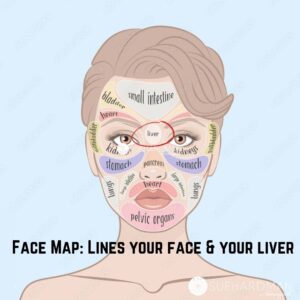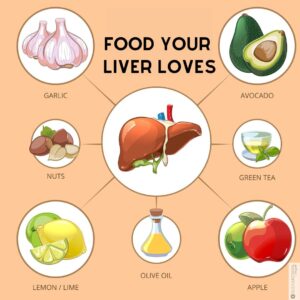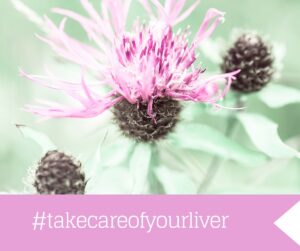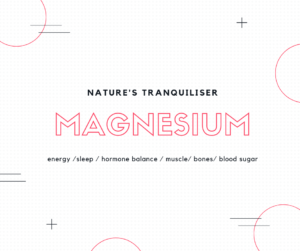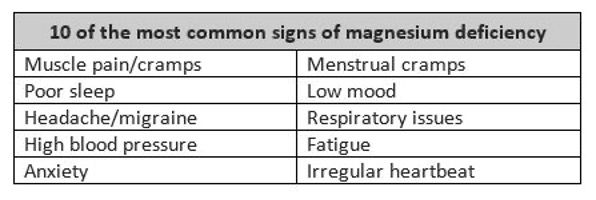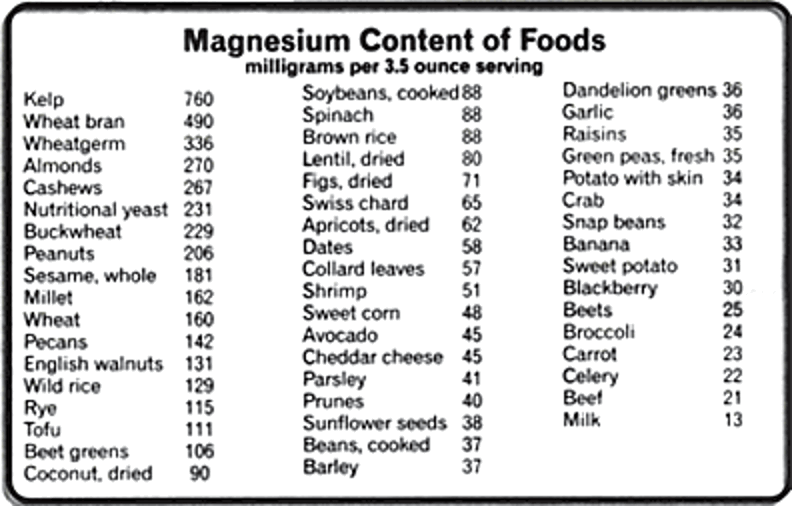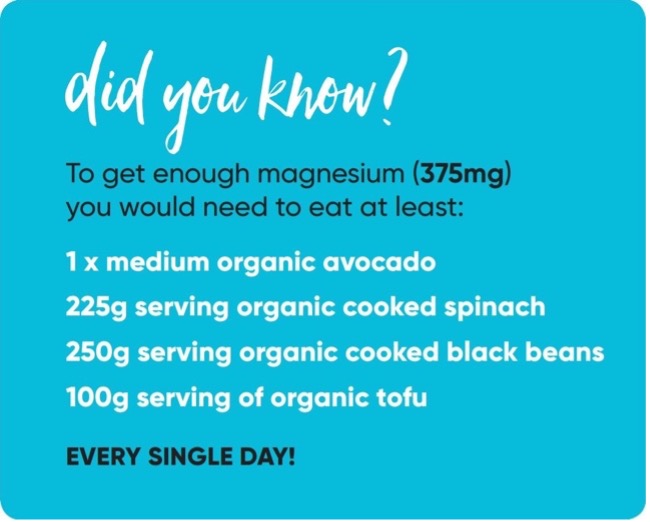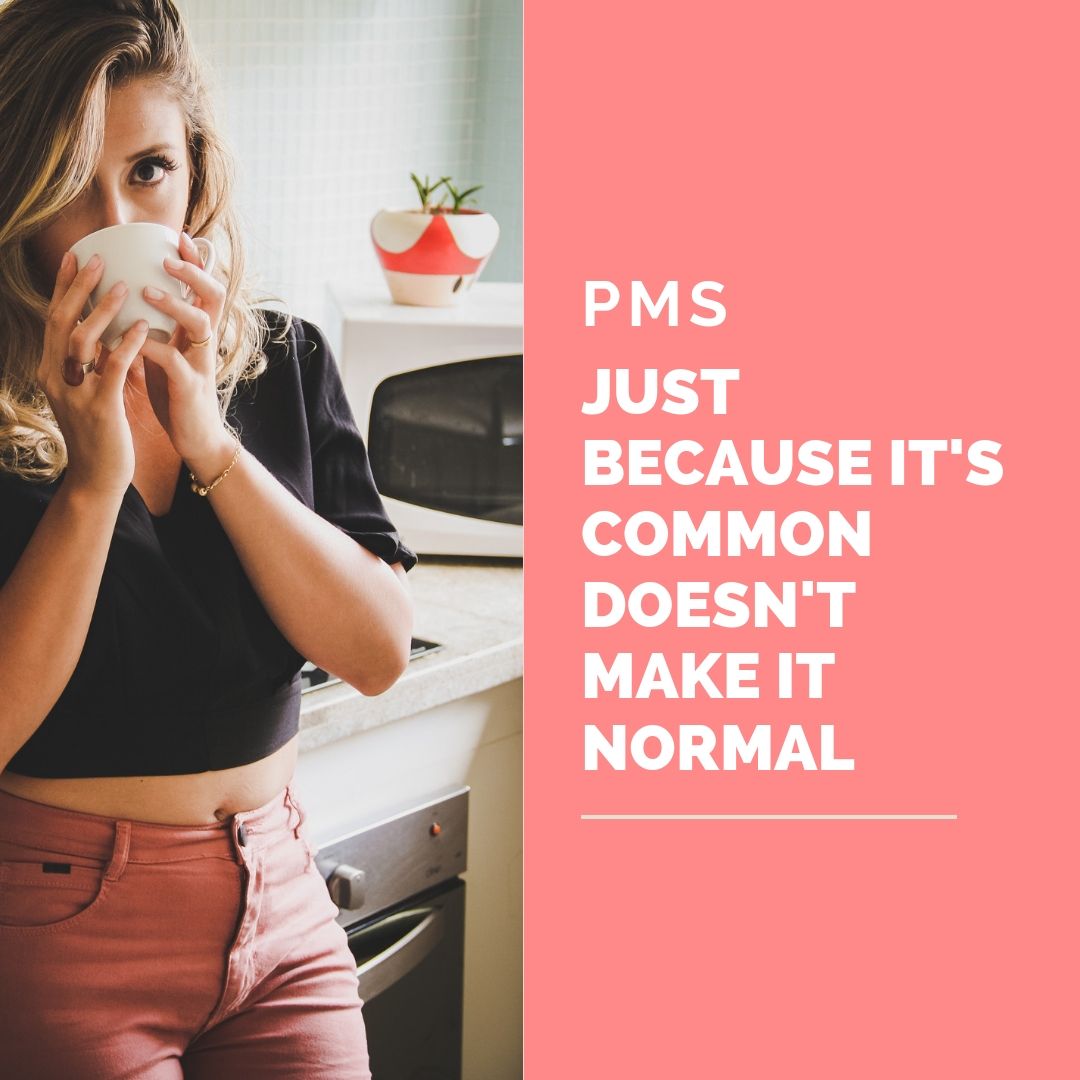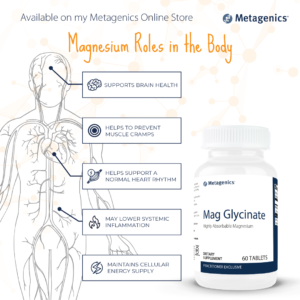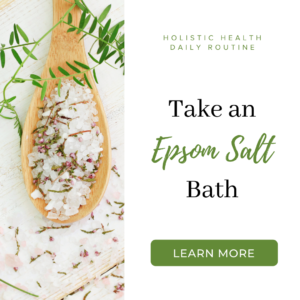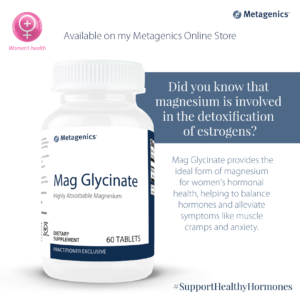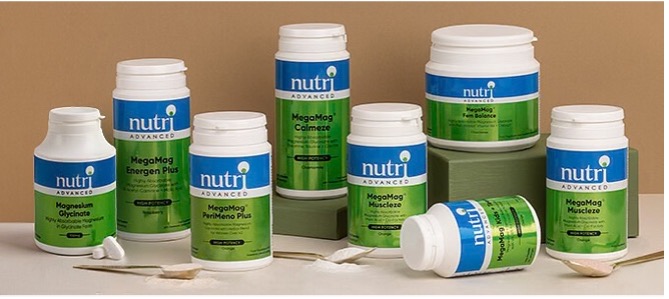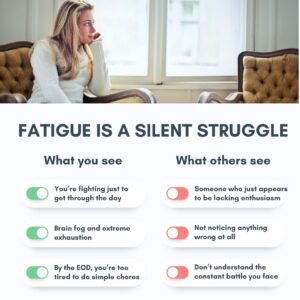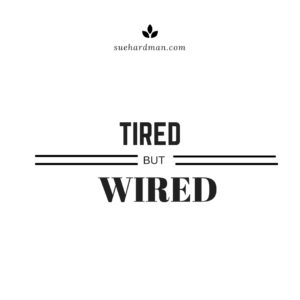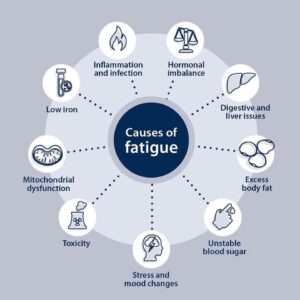The research indicates that women would benefit from consuming a lot more protein than they have been during peri-menopause and menopause.
There's been a disconnect with the health messaging to women - like eat less, eat low fat, count calories, calories in = calories out, you'll bulk up if you lift weights, cardio is the only way to burn fat, you need 150 minutes of moderate exercise every week.
If you’re already consuming the recommended amount of daily protein that the latest research(cause before women weren’t the focus of research) is suggesting - then you don’t need to read any further.
In fact, if you’re a woman who is peri or post-menopausal then I highly suspect you aren’t getting anywhere near the amount of protein you need.
Most women I know just aren’t getting enough protein.
Historically, health research has been done on men's physiology rather than women's physiology and health specifics.
Over the next few months, we're going to dive a bit deeper on the latest science and research in women’s health - nutrition, exercise, fasting, hormones and more. This is the first in the in the women's science series.
Let's start with why you need to eat more protein - especially if you are wanting to change your body composition, have more energy, lose weight, or you’ve got brittle nails, dry skin, thin hair, you’re always hungry, and have constant cravings.
What do you usually eat for breakfast? I used to just eat a bowl of oats first thing in the morning, turns out that thinking was 2008:) not 2024.
When you eat a carb, or something sweet first thing - your blood sugar is going to spike and so will your insulin. You're basically telling your body to have a crazy insulin response.
A better way to stabilise your insulin for the rest of the day is to eat protein first thing.
Dr. Stacey Sims (International exercise physiologist and nutrition scientist for women) says, “The right amount of this essential macronutrient [protein] keeps your female physiology working its best"
The research shows that even just increasing your protein intake (without exercise) can re-composition your body over a course of three months.
Find out what the research says about how much protein you need to be eating daily
Substantial evidence supports increasing your consumption of high-quality protein is necessary to achieve optimal health outcomes. A growing body of research indicates that protein intakes well above the current Recommended Dietary Allowance helps to promote healthy aging, appetite regulation, weight management, and goals aligned with athletic performance.
Higher protein intakes may help prevent age-related sarcopenia, the loss of muscle mass, and strength that predisposes older adults to frailty, disability, and loss of autonomy.
Whether you love fitness and exercise or are simply looking to maintain good health, understanding the importance of how much protein you need in your diet should be non-negotiable.
As we age, keeping an eye on your lean body mass becomes crucial for overall health and longevity and protein plays a significant role in that.
Protein helps you feel full (According to the protein leverage hypothesis) as protein is the most satiating macronutrient in our primary appetite.
Amino acids are so essential for your health, in fact we’ve evolved to just keep eating until we’ve obtained enough of them, are you overeating because you don’t get enough protein?
Why Protein? (i.e. amino acids) because they are essential for the healthy functioning of every part of your body and the major component of your muscles, nervous system, brain, blood, skin, and hair
As women go through perimenopause and menopause, there’s usually a decrease in the hormones, like oestrogen and testosterone, leading to a possible acceleration in muscle and bone loss.
Recent research has shown that low protein intake is associated with an increase in muscle loss (sarcopenia), and considering that the menopausal transition is already associated with accelerated muscle loss, slowing this progression becomes incredibly important.
Women in menopause therefore need adequate protein in combination with resistance training, I said the last part quietly. (Don’t be afraid of weight resistance training – more of that to come in future blogs)
Protein is vital for so much more than just building muscles. It’s the foundation for your overall health and well-being.
Signs You’re Not Getting Enough Protein:
- Cravings!! When your protein is too low, you’re hungrier, you overeat, and you over-consume fat and carbohydrates—all in an attempt to meet those protein needs.
- Muscle loss
- Poor body composition
- Blood sugar imbalance
- Poor sleep
- Inflammation
- Inability to focus
- Tiredness
- Poor memory
- Low mood
- Skin ageing / rashes
- Digestive issues
- Difficulty in losing weight
- Low immunity
Lower muscle mass is associated with a higher cardiovascular risk and is inversely related to longevity, muscle mass will help you maintain your independence as you age.
If You Want To Lose Weight You Need To Ensure You’re Getting Enough Protein
The right amount of protein keeps a women’s body working its best.
Every time you eat protein it increases your metabolism by 30% for several hours!! Protein is the most important nutrient for weight loss.
Protein will improve your body composition - A study conducted found that 125 grams of protein per day improved body composition and blood lipid profiles during weight loss in adult women (Food Science and Human Nutrition Department at the University of Illinois in 2000)
As Dr. Stacey Sims says, “The right amount of this essential macronutrient [protein] keeps your female physiology working its best. Building and maintaining muscle is essential not just for performance but also for health and longevity. Lower muscle mass is associated with increases in metabolic syndrome and cardiovascular disease, and muscle mass is inversely related to death by any cause, meaning more muscle helps you live longer, and better. It also helps keep you independent as you age.” (2)
Eating protein helps you build muscle, which in turn enables your metabolism to work more efficiently. If fat loss is your goal, building and maintaining muscle is key and eating sufficient protein will get you there.
Work with your female physiology not against it -How much Protein?
46 grams of protein per day is not enough.
Traditionally, the minimum protein intake taught in medical schools based on CDC recommendations has been around a minimum of 46 grams per day.
This is insufficient and sets you up for sarcopenia, or a decline in muscle mass and function.
The recommendations a minimum of 1 gram of protein per kilogram per day your ideal body weight per day.
For example, if you weigh 60 kilograms and that’s your ideal weight, you’ll need about 60 grams of protein per day, that’s about 20 grams of high-quality protein with every meal.
Jane needs to eat at least 20 grams of protein per meal.
If your body’s requirement is 60 grams, and you’ve not got close to that by midday, you’ll probably start feeling hungry and be more likely to snack.
Your body is continually looking for amino acids until you get them.
If you’re prone to evening binging, then harness the protein leverage to your advantage and eat more high-protein foods earlier in the day before you get too hungry.
This means eggs, fish or meat preferably by 10 am (because morning protein also helps to entrain a healthy circadian rhythm).
Also, in order for you to build lean muscle, you need to include some sort of resistance trainingand to build muscle you have to eat enough protein!
Jane’s story - Most of Jane’s weight was around her middle (classic apple shape) which usually suggests insulin resistance. Her insulin blood tests results were all above the normal range.
If you have insulin resistance you probably have pre-diabetes, and this causes your body to store fat and crave sugar. To start your journey out of this situation one must find a way to get more satisfaction from your meals and to eventually quit sugar cravings.
I suggest you start your day with 3 large eggs (18gms protein) or a protein smoothie, ensuring this is followed by meals that include enough protein at lunch (20gms) and dinner (20gms). Stop eating by 7 pm. Take Magnesium as it improves one’s insulin sensitivity.
Within a month she’d lost about a centimetre around her waist and felt much more energetic. Although this was the initial phase for Many, she had to remain on the program for 6 months to get to the healthier insulin levels and lose more centimetres.
You won’t feel starving and you’ll feel satiated if you’re getting enough protein.
For an inactive person, the estimated intake for protein is 1 grams per kg of body weight per day.
For Active women or those undertaking a lot of training or sport should aim for 1.5-1.8 grams of protein per kg of body weight daily.
When trying to increase muscle mass, protein intake can go as high as 2.0 grams per kg of body weight per day, with added training too.
Research indicates better absorption if you consume your protein throughout the day, meaning consuming some protein with every meal.
Here’s a guideline of the amount of the food you would need to obtain 10 grams of protein.
Protein And Weight Loss For Women
To summarise, increasing your protein intake in your daily diet is key. Protein makes up all of the tissues in our body! It stimulates metabolism by up to 30% for several hours and it helps you feel satisfied and helps prevent cravings.
If you need support in changing the way you eat for weight loss, better bone health, hormone balance more energy – please send me an email at sue@suehardman.com



